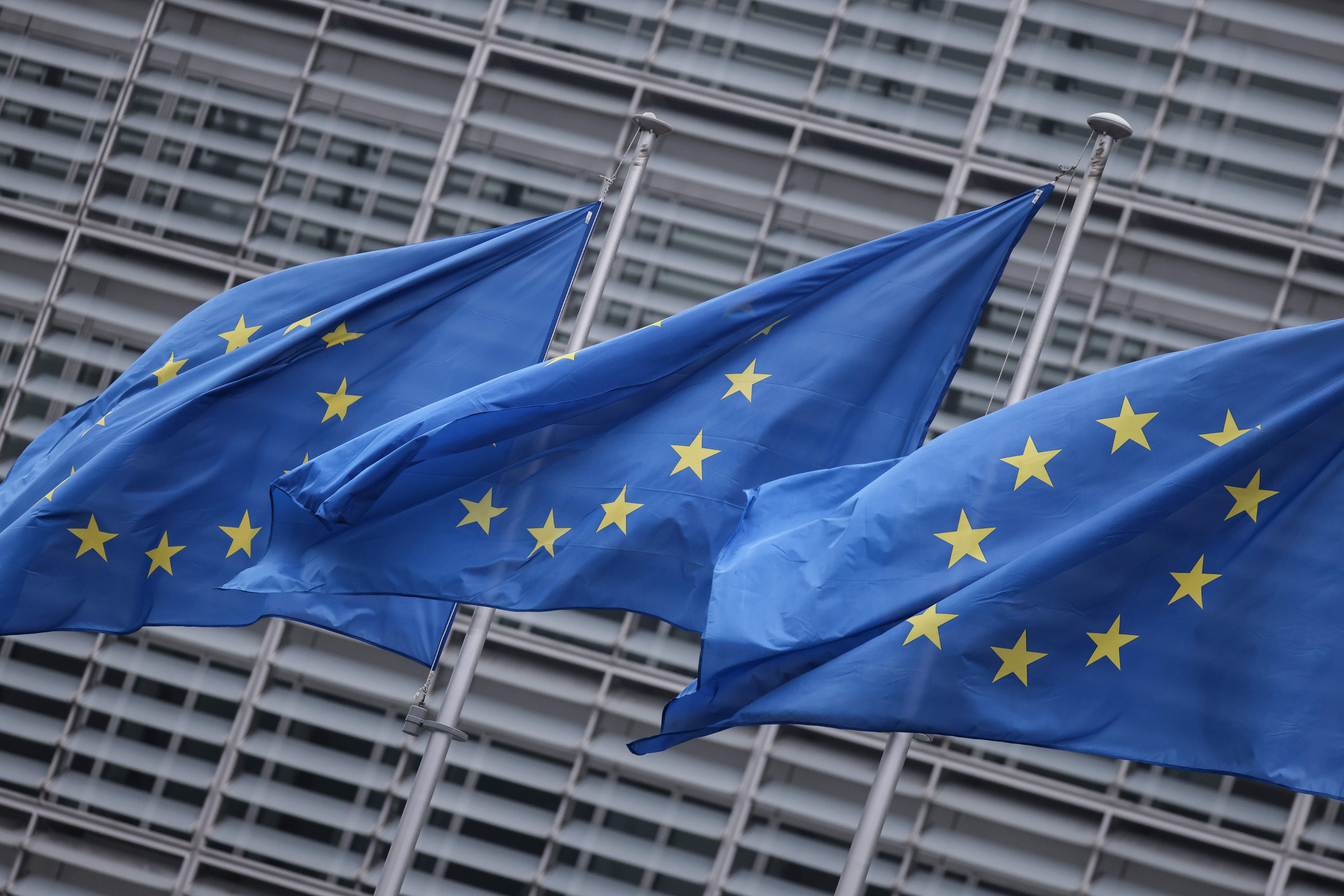[ad_1]

EU ambassadors on Wednesday formally endorsed a proposal to launch the Conference on the Future of Europe and appoint the heads of the three main EU institutions as its presidents.
But it’s unclear if the European Parliament, which has been the driving force behind a project that aims to revamp the bloc and bring it closer to its citizens, will back the proposal.
Many MEPs say they would be fine with having the heads of the three main EU institutions — the Commission’s Ursula von der Leyen, the Council’s Charles Michel (or the leader of the country that holds the rotating EU presidency) and the Parliament’s David Sassoli — as leaders of the conference, particularly after months of wrangling over who should be in charge.
But several MEPs voiced concern at the Council’s proposal to have “up to three representatives of the European Parliament” on the Conference’s executive board rather than lawmakers from all the political groups. Others complained about what they saw as the Council’s proposal to wrap up the conference next year rather than adhering to the Parliament’s wish to have it in place for two years.
Last year, the Parliament backed a resolution saying that it wanted “representatives from the European Parliament and the national parliaments” to “ensure balanced political representation reflecting their respective diversity,” and calling for the “institutional parties of the Conference” to “participate as equal partners.”
“We are not happy with it [the Council proposal] and it is far from the ideal solution,” an official from the center-right European People’s Party said. “But if it is the only solution the Council can reach, we don’t have much choice than to accept it.”
MEPs from smaller political groups complained that the proposal would exclude them.
“It’s a huge issue and I am concerned,” said Daniel Freund, a German Green MEP who leads negotiations on the conference for his group. “I am perplexed why the Council would seek to exclude certain political families from the key body of the conference … Restricting the agenda-setting in this way might risk the success of the conference.” Freund added that he expected the concerns of his group to be raised at a meeting of the Parliament’s group leaders on Thursday.
The conference was first proposed by French President Emmanuel Macron in March 2019. Macron argued it should “propose all the necessary changes to our political project, without any taboos, not even treaty revision.”
All three main EU institutions have agreed (more or less) on the scope and general outline of the conference, but there have been months of quarreling over who should be in charge and further delays to its launch — envisioned for last spring — due to the coronavirus pandemic.
The deadlock over leadership began when the Parliament made senior MEP and former Belgian Prime Minister Guy Verhofstadt its pick to preside over the conference. Verhofstadt has long been considered a nonstarter by several EU governments, who see him as a champion of European federalism. In November last year, Helle Thorning-Schmidt, a former Danish prime minister, emerged as the frontrunner but officials said she failed to secure enough support among EU countries.
The text endorsed by ambassadors on Wednesday removed a paragraph in the initial Council proposal which stated that an “eminent European personality” would act as the conference’s “independent and single chair.” It proposed to have the conference “placed under the authority of the three European Institutions, represented by the President of the European Parliament, the President of the Council and the President of the European Commission, acting as a Joint Chairmanship.”
The three institutions must now find agreement on the Council proposal and sign a joint declaration in order to launch the conference. The text agreed on Wednesday said a formal launch “could be envisaged” for May 9.
[ad_2]
Source link